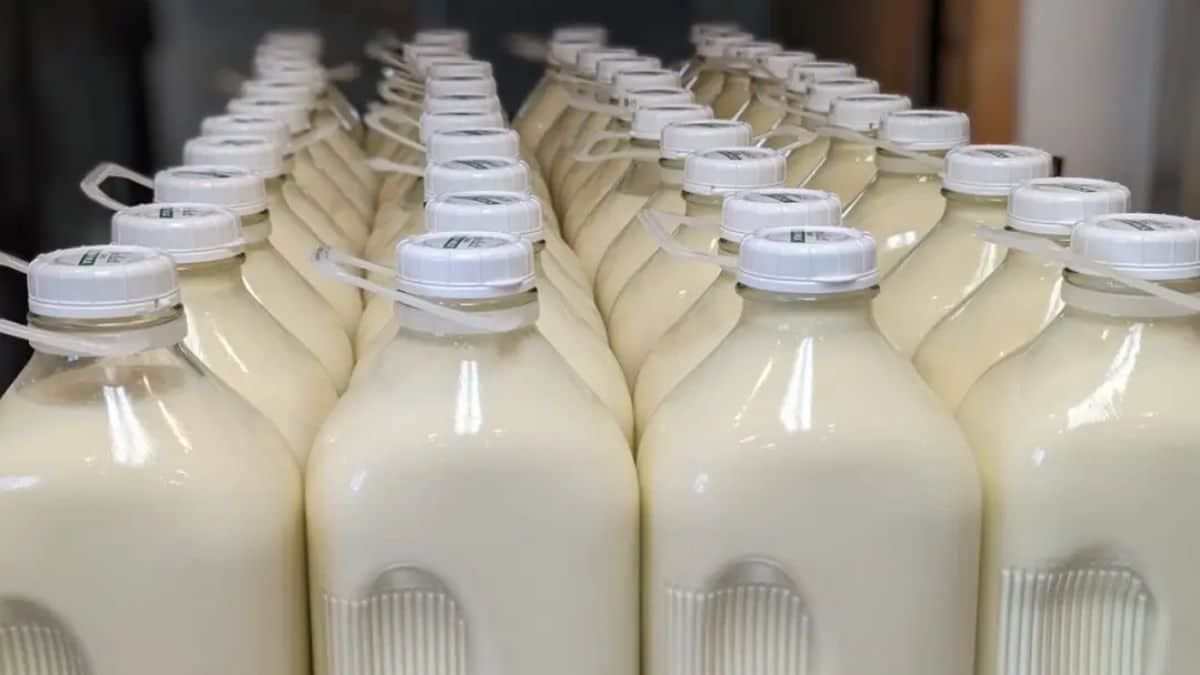A new study has highlighted the potential health risks posed by consuming raw milk contaminated with the H5N1 bird flu virus, revealing that the virus can remain infectious in unpasteurized milk for at least an hour. This discovery underscores the importance of pasteurization and strict safety protocols in dairy production.
Conducted by researchers at the University of Pittsburgh and published in “Emerging Infectious Diseases,” the study found that the H5N1 virus, previously a concern primarily for poultry, has been detected in dairy cows in several U.S. states. The virus not only survives in raw milk but retains its infectious capability, presenting a significant health threat to humans and other mammals.
Laboratory tests showed that the H5N1 virus remains stable and infectious in raw milk samples for up to an hour. This poses a direct risk of transmission to individuals handling or consuming the contaminated milk, particularly dairy workers and consumers who prefer unpasteurized milk.
Dr Valerie Le Sage, the study’s lead author, stressed the necessity of implementing strict hygiene practices and using personal protective equipment (PPE) in dairy farms to mitigate infection risks. The Centers for Disease Control and Prevention (CDC) has issued guidelines recommending that dairy workers use masks and face shields to reduce exposure to the virus
The study also reinforces the critical role of pasteurization in ensuring milk safety. The Food and Drug Administration (FDA) reported that pasteurized milk samples contained no live, infectious H5N1 virus, making them safe for consumption. However, raw milk continues to pose a potential health hazard, especially in light of this new evidence.
Dr. Jaydee Hanson, policy director at the Center for Food Safety, emphasized that while PPE can help minimize the risk of catching the virus, pasteurization remains the most effective method to ensure milk safety. The CDC considers the general public’s risk of H5N1 to be low, but it is highest for those who work closely with infected dairy animals.

